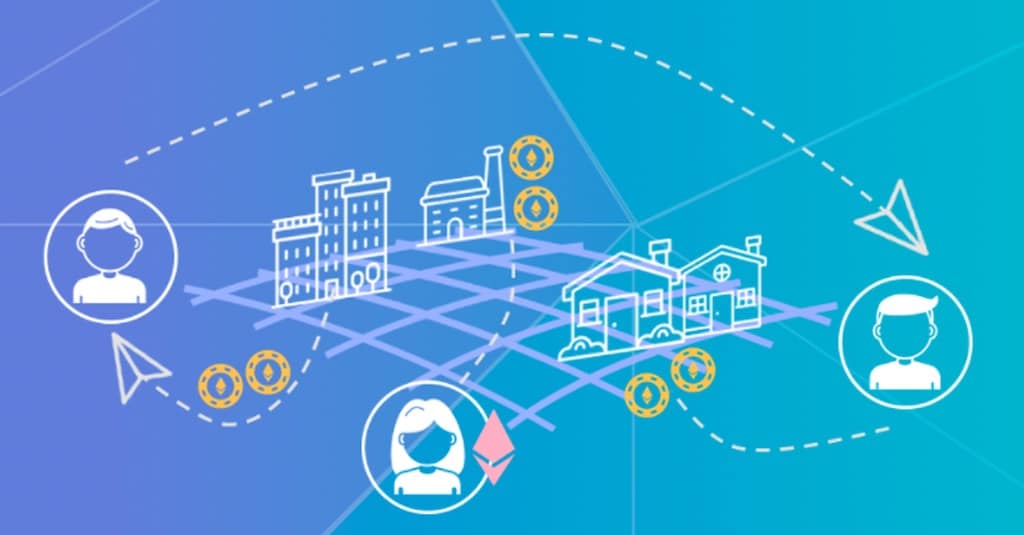Crowdfunding is a great option for entrepreneurs looking to invest and raise capital. Here are some of the important aspects and differences that go into capital generation.
Crowdfunding makes scaling easier: When you raise endowment via crowdfunding, you can save your startup from being sold out. You don't have to be the sole owner of your company.
Anyone can invest: This money-generating method allows people all over the globe to invest in your company. Real Estate Crowdfunding is a way to connect with others who are interested in your idea.

Image Source: Google
Endowment gives you the ability to control how your equity is distributed. You can calculate the donation and apply it to your business. This allows you to better manage your business. You will always have control over your business with these types of donations.
It is simpler to repay: Allocate equity according to the current growth of your business.
Acquire more money than you need: Donations can help entrepreneurs raise more money than they require. Smart entrepreneurs will use extra money to develop infrastructure.
Anyone can get funding: With crowdfunding options, any entrepreneur can raise seed capital. It is now easier to run a business. However, you should be focusing on public donations for fund acquisition.
Seed funds from the public domain have been acquired by 43 percent of all startups around the globe. This allows companies to pursue their own goals and principles. Public entrepreneurs can maintain their peace of mind and continue to work towards their goals with the help of resources.

